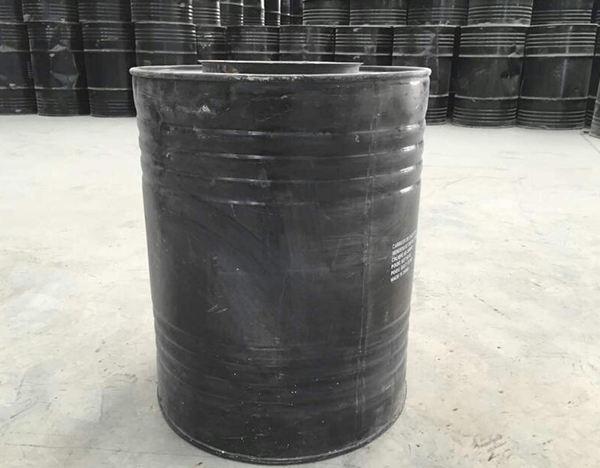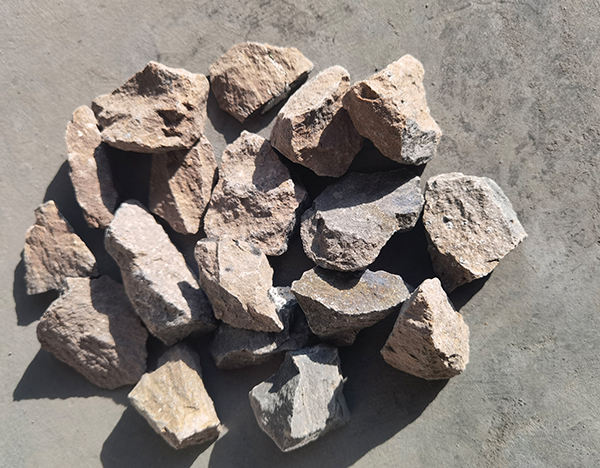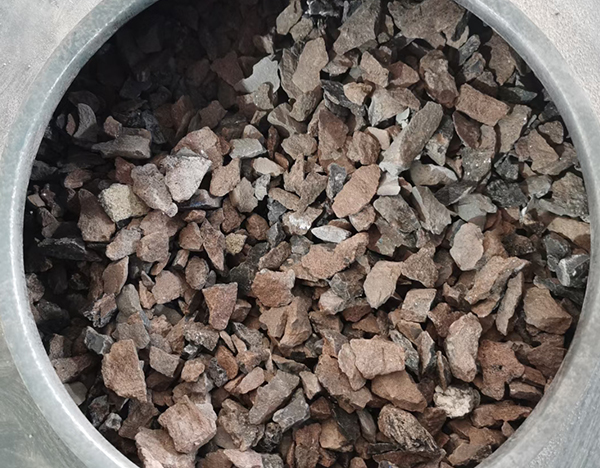
Calcium carbide, commonly known as electric stone, is a critical raw material used in various industries such as chemical production, metallurgy, and pharmaceuticals. Its unique physical and chemical properties require strict storage conditions to maintain quality and ensure operational safety. In this article, we explore the best practices for calcium carbide storage, drawing on industry standards and real-world examples from companies like Inner Mongolia Longwei Chemical Technology Co., Ltd.
Calcium carbide (CaC₂) is a grayish-white solid with high reactivity, especially when exposed to moisture. When it comes into contact with water, it reacts vigorously to produce acetylene gas, which is highly flammable. According to the International Labour Organization (ILO), improper storage can lead to serious accidents, including explosions and fires.
The main challenges in storing calcium carbide include controlling humidity, maintaining stable temperature, and ensuring proper sealing. Even small amounts of moisture can trigger dangerous reactions. For example, in a case study from a chemical plant in China, an unsealed container led to a 12% loss in product quality within just 48 hours due to hydrolysis.
To prevent these issues, it's essential to follow established storage protocols. The following are key recommendations:
| Storage Requirement | Recommended Practice |
|---|---|
| Humidity Control | Keep relative humidity below 50% |
| Temperature Range | Between 15°C and 25°C |
| Sealing Method | Use vacuum-sealed containers or desiccant-packed bags |
In addition, storage areas should be well-ventilated and away from heat sources. Regular inspections and maintenance of storage facilities are also crucial. A study by the American Chemistry Council found that plants with rigorous storage protocols saw a 30% reduction in product degradation over a 12-month period.
Inner Mongolia Longwei Chemical Technology Co., Ltd. has built a reputation for producing high-purity calcium carbide, with purity levels consistently above 98%. Their advanced quality control system ensures that the product remains stable during storage and transportation.
By implementing strict storage protocols, including the use of desiccants and climate-controlled warehouses, the company has reduced product loss by 70% compared to industry averages. This not only improves efficiency but also enhances customer satisfaction and long-term profitability.

Improper storage can lead to significant financial losses and safety risks. A notable incident in a European chemical plant involved a fire caused by the accidental exposure of calcium carbide to moisture, resulting in over €2 million in damages. On the other hand, successful cases show that proper storage can significantly extend the shelf life of the product and reduce waste.
Here are some practical tips for your business:

Effective calcium carbide storage is more than just a technical requirement—it's a strategic decision that impacts product quality, safety, and operational efficiency. By adopting best practices and leveraging the expertise of suppliers like Inner Mongolia Longwei Chemical Technology Co., Ltd., you can minimize risks and maximize value.
If you're looking to improve your storage processes, don't hesitate to reach out. We’re here to help you find the right solutions tailored to your specific needs.

Explore how Inner Mongolia Longwei Chemical Technology Co., Ltd. can support your operations with high-quality products and expert guidance.
Get Expert Advice Today










